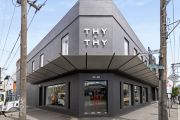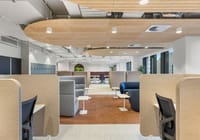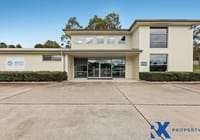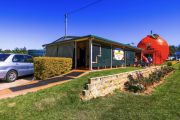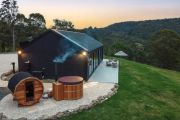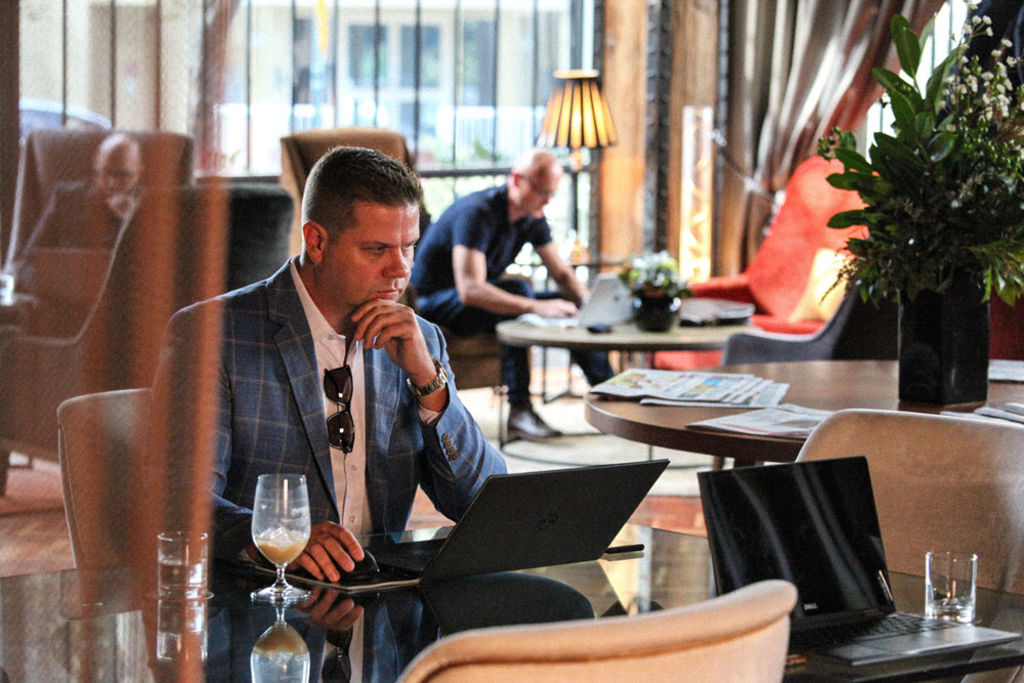
'Pro-working' business clubs tap the demand for a new type of private workspace
Move over co-working. The next trend in our disrupted lives is pro-working – professional members’ clubs, like the old wood-panelled gentlemen’s clubs, but with lots of facilities, high-end work spaces, curated networking and open to all genders.
They’ve been happening in London, Manhattan and Los Angeles for a few years, but they’re now gaining traction across Australia, too; boutique workspaces tailored to servicing a wide variety of business and individuals’ needs.
“I think it’s more aspirational and future-focussed for those who are seeking a more sophisticated or curated quality experience,” said Soren Trampedach, who consults on “workplace optimisation” to companies such as Google, Deloitte, NAB and Standard Chartered Bank, and has created Work Club.
“In a co-working environment, you don’t know who you’re working next to. For us, it’s about bringing people together and creating a community. It’s not just about a chair and a table. It’s much more about connections. Our spaces are more allied to a business club than a traditional office.”
His Work Club now has three premises in Sydney, two in Melbourne and a sixth about to open in Brisbane. Another in Canberra is on the cards.
The most recent is in Mirvac’s new building Olderfleet in Collins Street where he has 4000 square metres of space, as well as overseeing many of the other areas of the block, including the concierge service.
“Our role is to bring people together in the entire building from a human perspective,” said Mr Trampedach. “Most co-working is focussed on a single industry which really misses so many opportunities.
“You need to move outside your existing networks and industry and then you are likely to get a much more different perspective when you can create meaningful conversations.”
That’s what’s happening too at CUB, or “the Club of United Business”, which has two locations in Sydney, two in Melbourne and another opening in Brisbane in 2021. At one of its Sydney premises, in Potts Point, by 10am on a Wednesday morning, it’s already buzzing.
There’s a group of people gathered around a large circular table talking animatedly about business opportunities in the COVID-19 environment, one man sitting in a board room in a Zoom conference and a few others working on their laptops.
Chief executive and founder Daniel Hakim said the club wasn’t a typical members’ club in that it didn’t offer food or a gym.
“It’s more about community building rather than simply a place to work,” he said.
“A lot of co-working spaces have already closed down through COVID, and many businesses in larger offices are downsizing. We’re much more about networking and creating relationships and building up a community of Australian entrepreneurs, a business ‘family’. And every family needs a home.”
With an entertainment lounge, workspaces and a bar and coffee machine, this CUB groups together sets of 10 people every four months and organises monthly meetings between them on set themes so they can discuss issues and leverage networks. If there are too many people from certain professions or industries, for instance, new applicants are put on a waitlist until the right mix is found.
“We provide the platform for people to connect,” said Mr Hakim. “Everyone is more disconnected these days, and especially in those areas more isolated because of COVID. We believe in supporting Australian business, and helping people use it for the power of good.”
The old co-working model of hot-desking with people you don’t know was dealt a major blow by the pandemic, but the new spaces are far more about fostering inspiration and connections with good design and great infrastructure, believes another of the industry leaders, Barrie Barton.
He’s the CEO of Right Angle Studio which created Paramount House, with its shared work spaces Paramount by the Office Space – designed by architects Woods Bagot – as well as the recreation club and Golden Age Cinema & Bar.
“The Paramount House model is a far more exclusive small-scale working space that inspires people with its design and makes them far more productive,” said Mr Barton.
“Each business located there has its own space and room and it feels like a members’ club.
“There’s a curated membership where there’s care taken to select people who will be comfortable bedfellows. You can’t put 200 strangers in a room and expect them to be productive without grooming and care to make opportunities for them. So now we’re seeing a recalibration of co-working to provide a meaningful network.”
